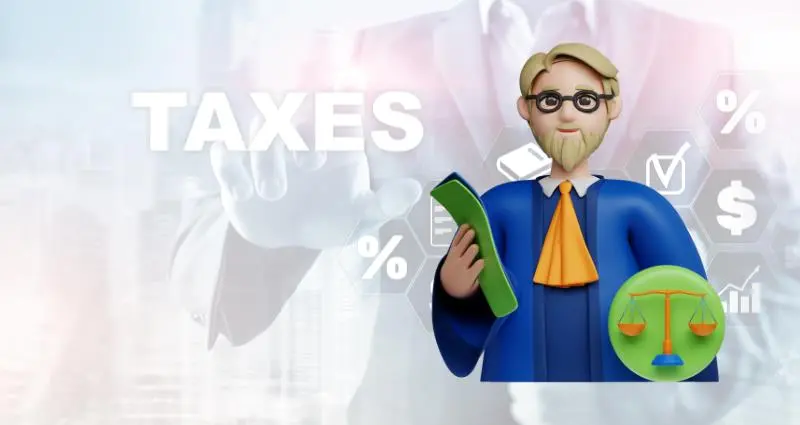How to Handle Late Issuance of Tax Invoices: Penalties and Remedies
Issuing a tax invoice late may sound like a small slip, but in compliance, small mistakes can cost big. Businesses often focus on sales and operations, leaving invoicing as an afterthought. But here’s the truth: regulators don’t care if you were busy—late invoices can attract penalties, disrupt cash flow, and even raise red flags with the tax department.
So how do you deal with it if you miss the deadline? And more importantly—how can you avoid it in the future? Let’s break it down step by step.
1. Why Timely Tax Invoices Matter
A tax invoice is proof of supply and the basis for claiming input tax credit.
Delays not only invite penalties but also impact your customers, who might lose their credit claims.
Consistent late issuance can damage trust and create compliance risks.
👉 In short: timely invoices = smoother business + happier clients + safer compliance.
2. Penalties You Should Know About
Here’s what usually happens when you delay issuing tax invoices:
Monetary Penalties – Depending on your jurisdiction, fines can be per day, per invoice, or a percentage of taxable value.
Loss of Input Tax Credit (ITC) – Both you and your customer could miss ITC claims if invoices aren’t on time.
Increased Audit Risk – Late invoices create red flags during tax audits.
3. Remedies if You’ve Issued Invoices Late
Don’t panic—there are steps you can take:
Rectify Immediately – Issue the pending invoice without further delay.
Disclose Transparently – Report the late invoice in your tax return instead of hiding it.
Seek Professional Help – Sometimes penalties can be reduced/waived if you explain genuine reasons through a tax consultant.
Communicate with Customers – Proactively inform clients if their ITC may be affected.
4. How to Avoid Late Issuance (Practical Tips)
Here’s where efficiency hacks come in:
Automate Invoice Generation – Use accounting/ERP tools that auto-generate invoices right after supply.
Set Reminders – Use calendar tools or workflow software to remind your finance team.
Batch Invoicing – Fix a daily or weekly schedule—don’t leave it until the last minute.
Train Staff – A quick compliance checklist can save hours of back-and-forth later.
Review Monthly – Do a monthly audit of issued invoices to spot gaps early.
Conclusion
Handling late tax invoices isn’t just about paying penalties—it’s about protecting compliance and customer trust. By acting quickly when mistakes happen and building preventive systems, you can turn invoicing from a headache into a seamless process.
👉 What about you—have you ever faced penalties for late invoices, or do you have a system that works well to prevent them?

